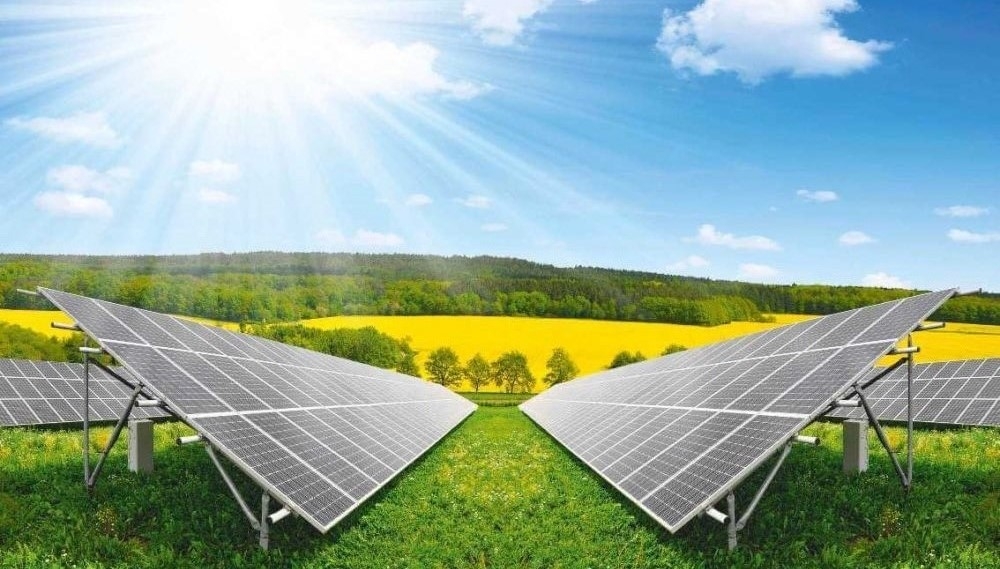Europe’s New Solar Investment Destination

Ukraine is currently witnessing a boom in solar projects. As of 1 January 2018, the total capacity of solar power plants in Ukraine was approximately 742 MW, of which 211 MW were installed in 2017. According to some estimates, it is expected that another 400 MW will be added to the list in 2018. This would equal to roughly EUR 400 million worth of private investment into the Ukrainian economy and turn the country into one of the most dynamic markets for the development of renewable energy projects in Europe. But why is Ukraine so attractive in terms of investments into renewable energy projects and solar energy projects in particular?

High returns on equity coupled with a decrease of capital expenditures
With the average projected internal rate of return on equity investments ranging from 11% to 16%, solar projects in Ukraine offer increased returns on investments compared to other jurisdictions. Furthermore, capital expenditures in solar projects decrease due to a drop in the price of PV panel globally, whereas the feed-in tariff rates in Ukraine remain high. On top of this, solar irradiation data on a given territory can be easily accessible, and this together with the fixed feed-in tariffs allows for quite predictable financial and operational modelling of solar projects.
Clear and predictable governmental strategies
Ukraine has set an ambitious goal to ensure that 11% of Ukraine’s gross electricity generation comes from renewable sources by 2020. This is an ambitious target which is not likely to be achievable without putting into operation at least 1.5-2.5 GW of installed capacity of solar power plants in the next two years.
The government of Ukraine seems to be very clear in supporting solar energy projects having amended its feed-in tariff scheme to accommodate the needs and expectations of foreign investors in 2015 and keeping the rules stable and predictable for the past three years.
Favourable feed-in tariff scheme
Ukraine claims to have implemented one of the most favourable feed-in tariff schemes in Europe. The feed-in tariff is a special tariff for the purchase of electricity generated from renewable energy sources being guaranteed and subsidised by the government.
The key elements of the feed-in tariff scheme are as follows:
A feed-in tariff of 0,1503 EUR / kWh of electricity produced (applicable to projects commissioned on or before 31 December 2019).
Linking minimum feed-in tariff rates to EUR protects investors from any local currency devaluation risk.
Bankable power purchase agreements available before the actual commencement of construction, which is aimed to facilitate investors attracting external debt financing for their projects.
Guaranteed take up of electricity by a state-controlled company at the applicable feed-in tariff rate.
“Grandfathering provisions” in the law to ensure that feed-in tariffs are not reduced until 1 January 2030.
Overall, we believe that the future of solar energy looks promising in Ukraine, and this industry has the potential to turn Ukraine into Europe’s new solar investment destination.



